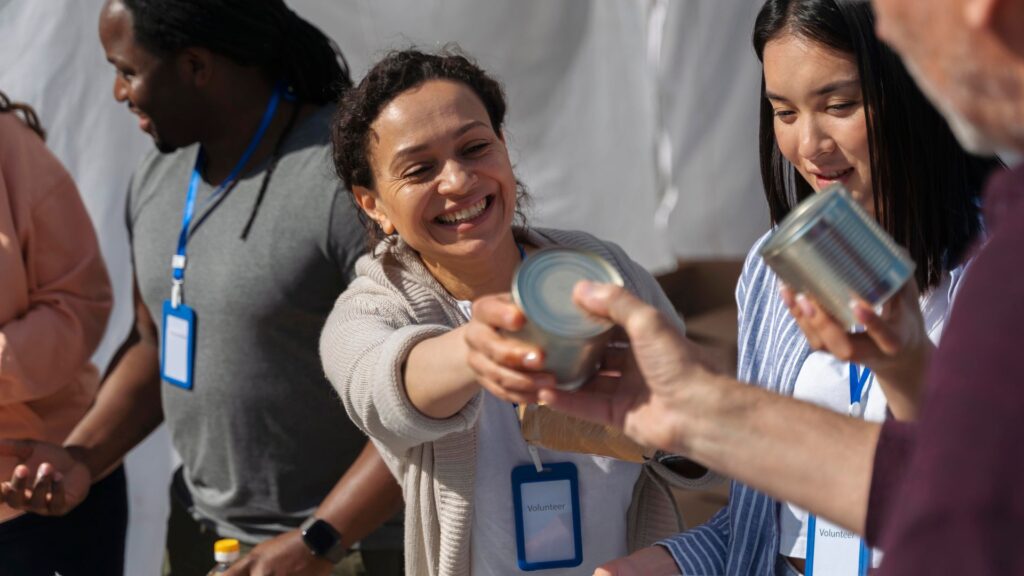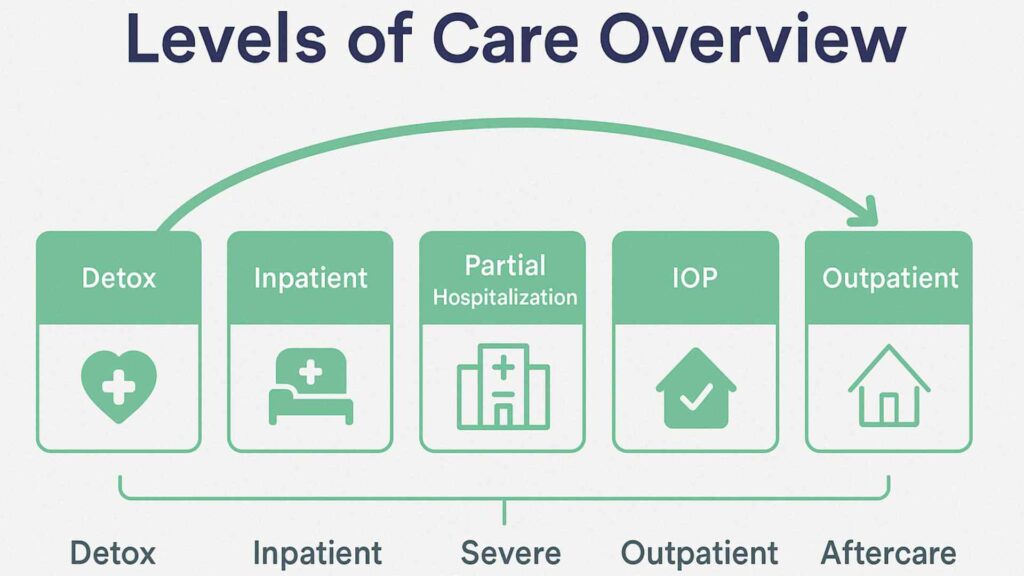When a loved one is struggling with addiction, it can be difficult to know how to help. Confronting the issue directly often leads to conflict, denial, or broken trust. This is where a redacted professional assistance may be needed to provide proper guidance.
This article explains what interventionists do, when their support may be necessary, and how they help families create a path toward treatment.

What Is a Professional Interventionist?
A professional interventionist is a trained specialist who helps families and loved ones address addiction in a structured and supportive way. Their role is to plan, facilitate, and guide conversations so they remain calm, productive, and focused on encouraging treatment. These specialists understand the psychological barriers that prevent people from accepting help, and they know the practical steps required to enter a rehab program.
Their training equips them to manage strong emotions, handle resistance, and keep the discussion centered on recovery. Many also coordinate with treatment centers, medical providers, and counselors to ensure that once an individual agrees to help, they can transition smoothly into care without delays. Families often rely on professional intervention services not only for the initial meeting but also for ongoing advice about setting boundaries, rebuilding trust, and supporting recovery.
Why Families Consider Using an Interventionist
Addiction often creates cycles of secrecy, fear, and frustration within households. Family members may attempt to persuade their loved one to seek treatment, only to be met with anger, denial, or withdrawal. Over time, this pattern can erode trust and make future conversations more difficult.
An interventionist can break this cycle with an impartial, professional perspective. They help each member prepare for the discussion, set healthy boundaries, and communicate with a balance of firmness and compassion. Their involvement can prevent arguments from escalating and improve the chances of the individual agreeing to treatment.
The Benefits of Professional Guidance
The specialized training of interventionists allows them to de-escalate high-stress situations where emotions often run high. They bring structure and organization, transforming what could become an impulsive confrontation into a carefully planned process.
They also provide knowledge about treatment options, helping families connect their loved ones to the right program without delay. Having a clear plan in place reduces hesitation, reinforces healthy coping strategies, and prevents the opportunity for reconsideration once the individual agrees to enter care.
When to Seek an Interventionist
Not every situation requires outside assistance, but there are signs that professional involvement may be the right choice. Families who have attempted conversations several times without progress often benefit from structured guidance. An interventionist is also valuable when the addiction has led to dangerous behaviors, severe health issues, or repeated encounters with law enforcement.
Another clear indicator is when family members feel too overwhelmed to handle the situation on their own. In these moments, having a professional present brings direction and helps ensure that the message of support and accountability is delivered effectively.

How the Intervention Process Works
The process usually begins with an assessment, where the specialist meets with family members to gain a complete understanding of the situation. Together, they create a plan that includes deciding who will participate, preparing statements, and establishing firm boundaries.
On the day of the meeting, the facilitator leads the discussion, guiding the conversation and addressing emotional reactions. If the loved one agrees to treatment, arrangements are often made immediately so the transition to care happens without delay. This structured approach is one of the strongest advantages of working with a trained professional, as it ensures momentum is not lost once the decision is made.
The Role of Families During an Intervention
While an interventionist provides leadership, the role of the family remains vital. Loved ones share personal experiences, explain how the addiction has affected them, and express their hope for recovery. These statements, prepared in advance, help the individual understand the impact of their actions in a non-confrontational way.
Members also agree on clear boundaries, which reinforces the seriousness of the situation. With professional guidance, these conversations are less likely to turn into conflict and more likely to inspire the individual to accept treatment.
Final Thoughts from Abundance Treatment
Choosing whether to involve a professional interventionist is not always simple, but it can be an important step when families feel powerless. They bring structure, expertise, and compassion to challenging situations, often making the difference between continued resistance and acceptance of treatment.
At Abundance Treatment, we understand the difficult decisions families face when supporting a loved one with addiction. Our intervention service in Toledo, Ohio, is dedicated to offering comprehensive care, from the first conversations through long-term recovery planning. With the right professional guidance, families can move forward with clarity and hope, knowing that healing is possible.




































